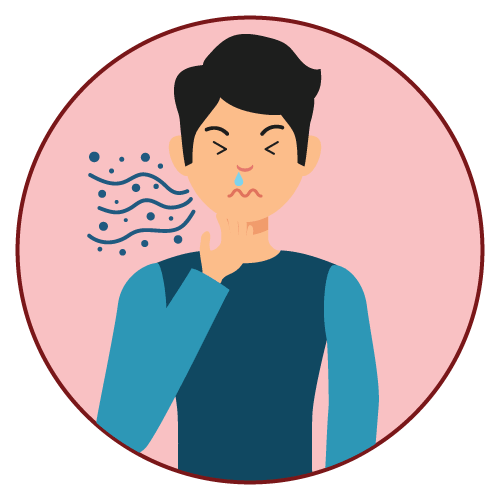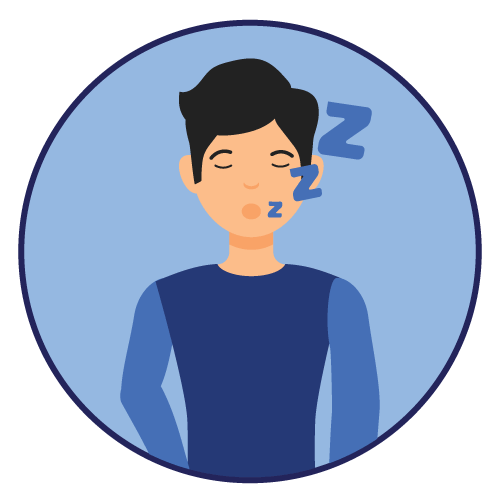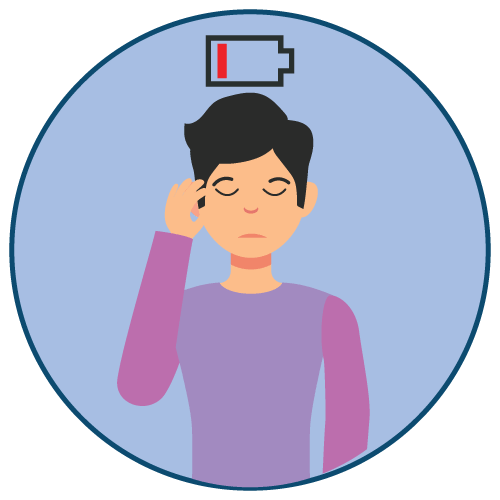Medicine details
| Image |  |
| Name | Acitrin 10 |
| Dosage | Tablet |
| Generic Name | Cetirizine Dihydrochloride |
| Classes |
Respiratory Agent Antihistamine |
| Diseases |
Allergic Reaction Hive Itching Rhinitis Swelling |
| Company | ACI Limited |
Drug Package Details
| Strength | 10 mg |
| Storage Condition | |
| Origin Country | Bangladesh |
| Commercial Pack | 100 |
| Price per pack | ৳ 301.00 |
| Cost per pack | ৳ 264.88 |
| Package unit | 10 tabs strip |
| Price per unit | ৳ 3.01 |
| Cost per unit | ৳ 2.65 |
| Discount | 0 |
| Coupon | |
| Remarks |
Cetirizine Dihydrochloride
Cetirizine hydrochloride tablets and syrup, is an orally active and selective H1-receptor antagonist. It is available in 5 and 10 mg strengths.
Cetirizine hydrochloride is indicated for the following conditions-
- Seasonal Allergic Rhinitis
- Perennial Allergic Rhinitis
- Chronic Urticaria
- Adults and Children 12 Years and Older:
- In adults and children 12 years and older, the suggested initial dose of Cetirizine HCl is 5 or 10 mg per day, depending on the severity of the symptoms. The majority of participants in clinical studies began with 10 mg. Cetirizine HCl is taken once a day, with or without food, as a single dose. The administration time can be adjusted to meet the demands of each patient.
- Children 6 to 11 Years:
- In children aged 6 to 11 years, the suggested starting dose of Cetirizine HCl is 5 or 10 mg (1 or 2 tablespoons) once day, depending on the severity of the symptoms. The administration time can be adjusted to meet the demands of each patient.
- Children 2 to 5 Years:
- In children aged 2 to 5, a daily dose of 2.5 mg (12 teaspoon) of Cetirizine HCl syrup is recommended. The dosage can be increased to a maximum of 5 mg per day in this age range, given as 1 teaspoon (5 mg) once daily or 12 teaspoon (2.5 mg) every 12 hours.
- Children 6 months to < 2 years:
- In children aged 6 months to 23 months, a daily dose of 2.5 milligrams (12 teaspoon) of Cetirizine HCl syrup is recommended. In children aged 12 to 23, the dose can be increased to a maximum of 5 mg per day, administered as a 12 teaspoonful (2.5 mg) every 12 hours.
- Dose Adjustment for Renal and Hepatic Impairment:
- A dose of 5 mg once daily is advised for patients 12 years and older with poor renal function (creatinine clearance 11-31 mL/min), patients on hemodialysis (creatinine clearance less than 7 mL/min), and hepatically impaired patients. Patients aged 6 to 11 years who have poor renal or hepatic function should also take the lower suggested dose. The use of cetirizine in children under the age of 6 years with impaired renal or hepatic function is not recommended due to the difficulty of reliably administering doses of less than 2.5 mg (12 teaspoon) of Cetirizine HCl syrup and the lack of pharmacokinetic and safety information for cetirizine in this impaired patient population.
Commonly reported side effects associated with Cetirizine HCl include-
- Somnolence
- Dry mouth
- Asthenia
- Dizziness
- Activities Requiring Mental Alertness: In clinical trials, the occurrence of somnolence has been reported in some patients taking Cetirizine HCl; due caution should therefore be exercised when driving a car or operating potentially dangerous machinery.
- Concurrent use of Cetirizine HCl with alcohol or other CNS depressants should be avoided because additional reductions in alertness and additional impairment of CNS performance may occur.
- Use of Cetirizine HCl in nursing mothers is not recommended.
Contraindication
Cetirizine HCl is contraindicated in those patients with a known hypersensitivity to it or any of its ingredients or-
There is no known contraindications of cetirizine HCl in terms of food and drinks.
There is no known contraindications of cetirizine HCl in terms of health condition.






 Bangla
Bangla English
English